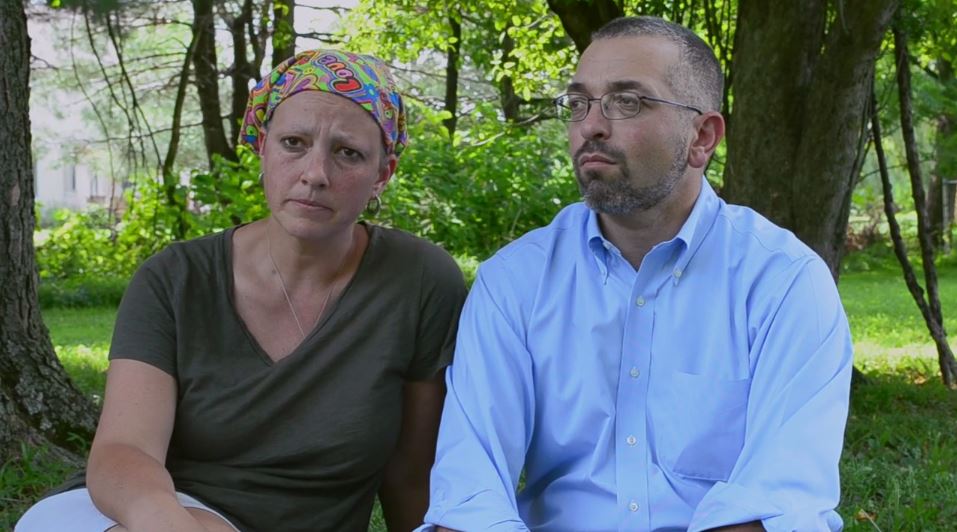The doctor who advocated for a ban on power morcellators has died from the cancer she said the surgical tool was responsible for spreading the disease.
According to a report in The New York Times, Dr. Amy Reed died from leiomyosarcoma of the uterus, an aggressive type of cancer.
Reed’s battle against morcellators began after a surgeon used the tool during a procedure in 2013 to remove fibroids from her uterus. At the time, operations involving power morcellators, which use a spinning blade to slice up tissue, were performed on about 50,000 American women each year.
After Reed’s morcellation procedure, a biopsy found that she had leiomyosarcoma.
The Times reports that Reed and her husband, also a doctor, knew that the use of a morcellator on a cancer patient could be deadly. While morcellators were instrumental in giving doctors a less-invasive way to perform certain procedures, the surgical tools can also spread tissue in the body — a particularly dangerous side effect for a cancer patient.

Amy Reed and Hooman Noorchashm discuss power morcellators in a video interview with The Cancer Letter. (Image credit: screenshot from Vimeo/The Cancer Letter)
Reed and her husband, Hooman Noorchashm, became outspoken critics against morcellators and in just a few years, made several notable accomplishments in the medical device industry:
- After Reed went public with her story, the U.S. Food and Drug Administration received a flood of reports from other patients with similar stories. This increased attention prompted the FDA to launch a series of studies into morcellators in 2014, which led to the discovery of how many women had hidden uterine sarcomas.
- Shortly after the FDA released its findings, one of the industry’s biggest makers of morcellators, Johnson & Johnson, decided stop manufacturing the devices.
- While the use of morcellators has not been banned outright, their use has decreased substantially.
- Other device makers have since begun releasing newer versions of morcellators that have been redesigned to contain extracted tissue.
- Noorchashm has also teamed up with local lawmakers to raise awareness about infection risks associated with a commonly used type of hospital bed. That campaign also stemmed from Reed’s personal experience as a patient.
Reed, a mother of six, was 44 years old.




